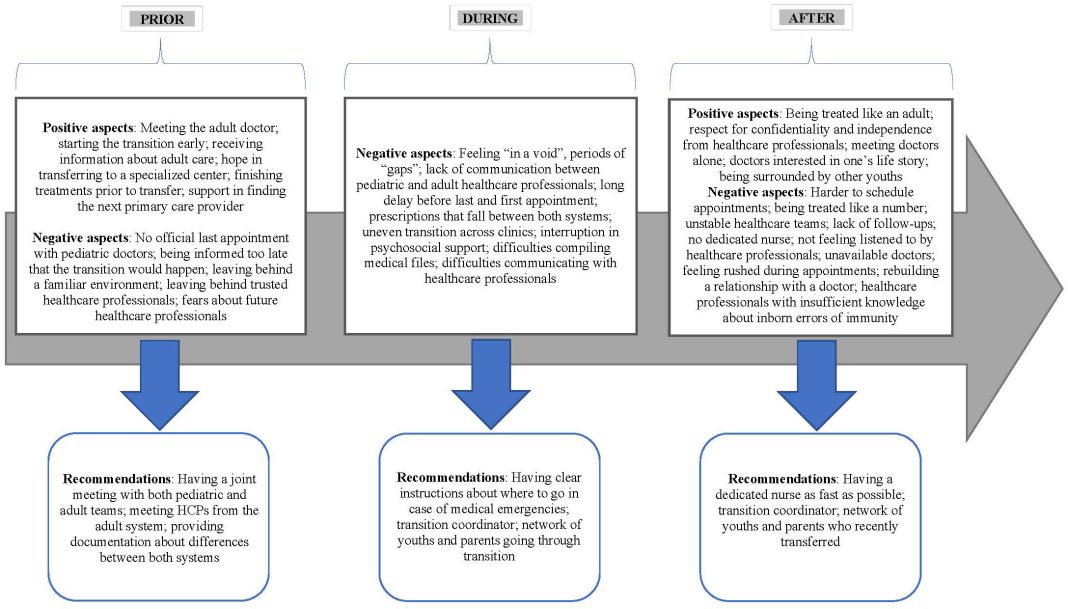 California Supreme Court Upholds Contractor Classification for Uber and Lyft Drivers
California Supreme Court Upholds Contractor Classification for Uber and Lyft Drivers
Introduction:
The Supreme Court of California recently ruled that drivers working for app-based transportation or delivery companies like Uber and Lyft should be classified as contractors rather than employees. This decision disqualifies them from accessing benefits granted to regular employees. The ruling came as part of a lawsuit against Proposition 22, a California state law that allows these companies to classify drivers as independent contractors. While labor representatives criticized the decision, the companies involved, such as Uber, DoorDash, and Lyft, welcomed the ruling.
Proposition 22 and Lawsuit:
Proposition 22, which was approved by California voters, allows app-based transportation or delivery companies to classify drivers as independent contractors rather than employees. However, a group of drivers and labor unions sued to overturn the rule, arguing that it violates certain provisions of the California Constitution. Initially, a trial court found Proposition 22 unconstitutional, but an appeals court later reversed the decision. Ultimately, the Supreme Court of California determined that the measure was constitutional, dismissing the arguments made by the plaintiffs.
Implications for Workers and Companies:
When workers are classified as employees, they are entitled to benefits such as minimum wages, overtime pay, and other protections. However, ride-sharing companies argue that treating drivers as employees could potentially limit or even shut down their services in the state. They claim that the flexibility of working as independent contractors is essential for drivers. Uber, for instance, stated that drivers are guaranteed to receive at least 120 percent of minimum wages and $0.35 per mile, with the potential to earn more. According to Uber, drivers have received over $1 billion in benefits since Proposition 22 was passed.
Labor Union Response:
The labor union representing the plaintiffs in the lawsuit expressed disappointment with the ruling. However, they emphasized that gig workers are determined to fight for their rights by seeking to unionize. The SEIU California State Council stated that they will continue to advocate for greater workplace rights and protections on the job. While the ruling is a setback for labor unions, they remain committed to ensuring fairness in the gig economy.
Company Reactions:
Uber, DoorDash, and Lyft, the companies most directly impacted by the ruling, welcomed the decision. Uber highlighted that the ruling affirms the choice of nearly 10 million Californians who voted for Proposition 22. They emphasized that drivers have the freedom to work when and how they want, and that the employment model of being independent contractors overwhelmingly aligns with drivers’ preferences. Lyft also expressed satisfaction with the ruling, citing that more than 120,000 drivers had supported Proposition 22. They noted that drivers’ median hourly earnings on the Lyft platform increased by 22 percent since the measure went into effect.
Broader Legal Battle:
The classification of gig workers and contract workers is a contentious issue not only in California but across the United States. In Minnesota, lawmakers passed a measure that sets a minimum wage for gig drivers, which led Uber and Lyft to threaten to cease operations in the city. Massachusetts reached a settlement with Uber and Lyft, requiring them to adopt a minimum wage for drivers and settle a lawsuit claiming improper treatment of drivers as independent contractors. Furthermore, a proposal to allow app-based drivers to unionize will be voted on in Massachusetts in November.
Conclusion:
The Supreme Court of California’s ruling that classifies Uber and Lyft drivers as contractors rather than employees has implications for workers’ rights and the future of the gig economy. While labor unions criticize the decision, ride-sharing companies welcome the ruling as it aligns with drivers’ preferences for flexibility. The broader legal battle over the classification of gig workers continues in various states, highlighting the ongoing debate surrounding worker protections in the new economy.


